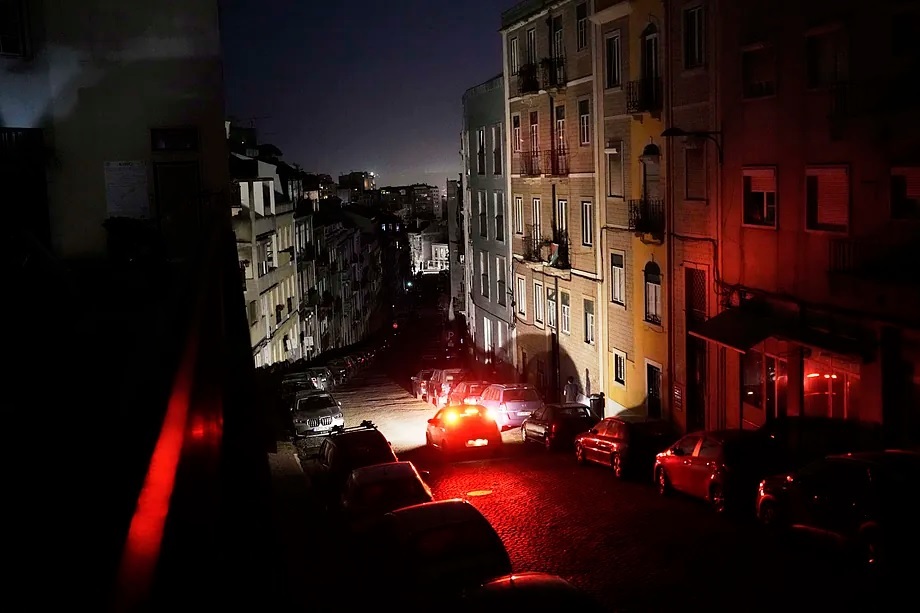"I think we will see him introduce this issue into the debate. In fact, he has already shown signs in that direction," point out sources from a country located in northern Europe. They refer to the attempts that Sánchez made during the last summit of presidents, where he mentioned two terms that are relevant to the crisis Spain experienced: cybersecurity and the green transition.
In the case of cybersecurity, the European Commission almost immediately ruled out that the blackout was due to a cyberattack. "There is nothing that allows us to affirm that there is any kind of sabotage," stated the Executive Vice President for the European Green Deal, Teresa Ribera, in her first statements to the press. Both the President of the Commission, Ursula von der Leyen, and the President of the European Council, António Costa, later emphasized the same idea.
However, Sánchez did not want to rule out any possibility, not even during his appearance on Monday night when Brussels had been stating for hours that there was no evidence of a cyberattack. The contrast between the EU's version, avoiding any speculation about such an attack, and that of the Spanish Prime Minister is evident. This possibility was only ruled out from Spain when Red Eléctrica pointed it out on Tuesday morning after many hours of speculation. All of this has not gone unnoticed in Europe.
Regarding the transition, Spain's energy mix is a factor that experts and even Red Eléctrica have pointed to as a possible cause of the blackout. Not Sánchez, who continues to maintain his schedule for the nuclear phase-out and decarbonization. However, the event on Monday and the need to ensure energy while advancing the green process are suspected in the EU capital to likely be used by the Prime Minister to try to broaden the definition at that key meeting in the Netherlands.
And if there were not enough suspicions, Sánchez himself spoke with NATO Secretary-General Mark Rutte on Monday afternoon to inform him of the situation. The details of the conversation have not been disclosed, but this has only fueled suspicions. "There are new threats, so we have to broaden the definition of Defense," add sources from a third country, highlighting the debate on this issue and demonstrating that the Government will have support in its battle at some point.
Report in three months and European panel
The major blackout is dominating many conversations in the EU capital, and beyond the Defense issue, sources from the Commission explained on Tuesday that Spain has three months to present a report on the causes of this crisis. In parallel, the EU will assess the severity of the incident on a scale from zero to three, with the highest rating likely to be assigned, requiring a report from a panel of experts from the European Network of Transmission System Operators for Electricity (Entso-E).
This second document must be delivered within a maximum of six months, containing recommendations to prevent new outages and including an "exhaustive" investigation to identify the origin of the blackout. "This is an independent report by technicians. The European Commission is not part of the investigation, although it is closely monitoring it," they emphasize in Brussels.
Also on Tuesday, the EU reaffirmed the importance of its 72-hour survival kit, which upon its release received some criticism both for the tone used by the Commissioner for Crisis Management and Civil Protection, Hadja Lahbib, and for the alarmism of the tool.
"It is a great lesson for the kit. This type of crisis is exactly one of the scenarios we consider in our strategy," they pointed out in Brussels, recalling that items in high demand in Spain on Monday such as radios or batteries are part of the community recommendations.
"The kit is not mandatory, obviously, it is just an idea. And being prepared is better than being caught off guard, and perhaps this was the case for some people in Spain and Portugal," emphasized officials from the EU institutions.
